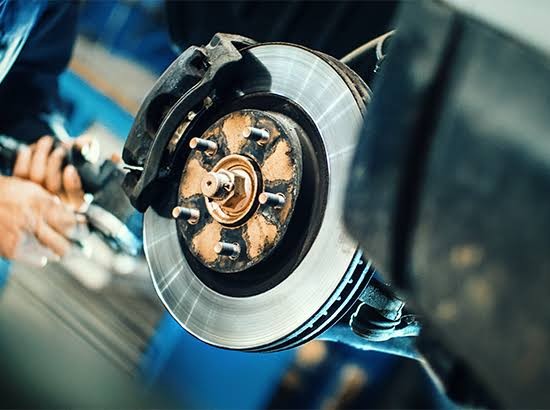When it comes to braking, safety is paramount. That's where the Anti-lock Braking System (ABS) comes into play. In this blog, we'll take an in-depth look at how ABS works, specifically focusing on its ability to adapt and prevent wheel lock-up. Understanding the mechanics behind ABS can provide valuable insights into how your brakes work and enhance your overall driving experience.
1. ABS Sensors: The ABS system utilizes sensors placed on each wheel to monitor their rotational speed.
2. Wheel Speed Comparison: The ABS control module constantly compares the speed of each wheel. If it detects a significant difference in speed between wheels, it indicates a potential wheel lock-up situation.
3. Hydraulic Control: When a wheel lock-up is detected, the ABS control module activates a hydraulic system connected to the brakes.
4. Brake Pressure Modulation: The hydraulic system rapidly modulates the brake pressure to the affected wheel(s) by releasing and reapplying the brake pressure. This action is done through solenoid valves in the hydraulic unit.
5. Pulsating Brake Pressure: By rapidly modulating the brake pressure, the ABS prevents the wheels from fully locking up. It allows the driver to maintain steering control and maneuverability while braking.
Read Also: The Benefits of ABS: Why You Need This Safety Feature in Your Car
6. Anti-lock Effect: The rapid pressure modulation creates a pulsating effect felt through the brake pedal. This indicates that the ABS is actively working to prevent wheel lock-up.
7. Continuous Monitoring: The ABS system continuously monitors the wheel speeds, making adjustments as necessary to ensure optimal braking performance.
By preventing wheel lock-up and maintaining traction with the road surface, the ABS enhances braking efficiency and control, particularly in emergency or slippery situations. It allows the driver to steer while braking, reducing the risk of skidding and improving overall safety.

Comments (0)
Please login to join the discussion
Be the first to comment on this article!
Share your thoughts and start the discussion